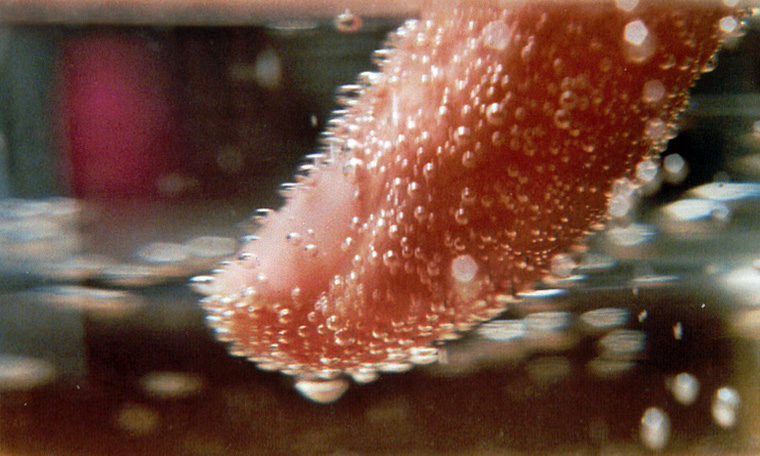I have now read on multiple threads that there is a risk of oxidation when you dry hop.
How big of a concern is this? I'm brewing 5 gal batches... a couple days ago I threw 4 ounces of hops in my primary after three weeks. This was my well thought out, complicated process:
1. Lifted the lid on the bucket
2. Threw the pellets in (not violently, but not gently either)
3. Closed the lid on the bucket
Is this not good technique? I've previously only dry hopped using a muslin bag.
Also, is it normal to see a noticeable uptick in airlock activity after doing this? I chalked it up to the pellets expanding or stirring up the trub or something. Any feedback is appreciated
Want to keg this today (if the new kegs show up).
How big of a concern is this? I'm brewing 5 gal batches... a couple days ago I threw 4 ounces of hops in my primary after three weeks. This was my well thought out, complicated process:
1. Lifted the lid on the bucket
2. Threw the pellets in (not violently, but not gently either)
3. Closed the lid on the bucket
Is this not good technique? I've previously only dry hopped using a muslin bag.
Also, is it normal to see a noticeable uptick in airlock activity after doing this? I chalked it up to the pellets expanding or stirring up the trub or something. Any feedback is appreciated

Want to keg this today (if the new kegs show up).



